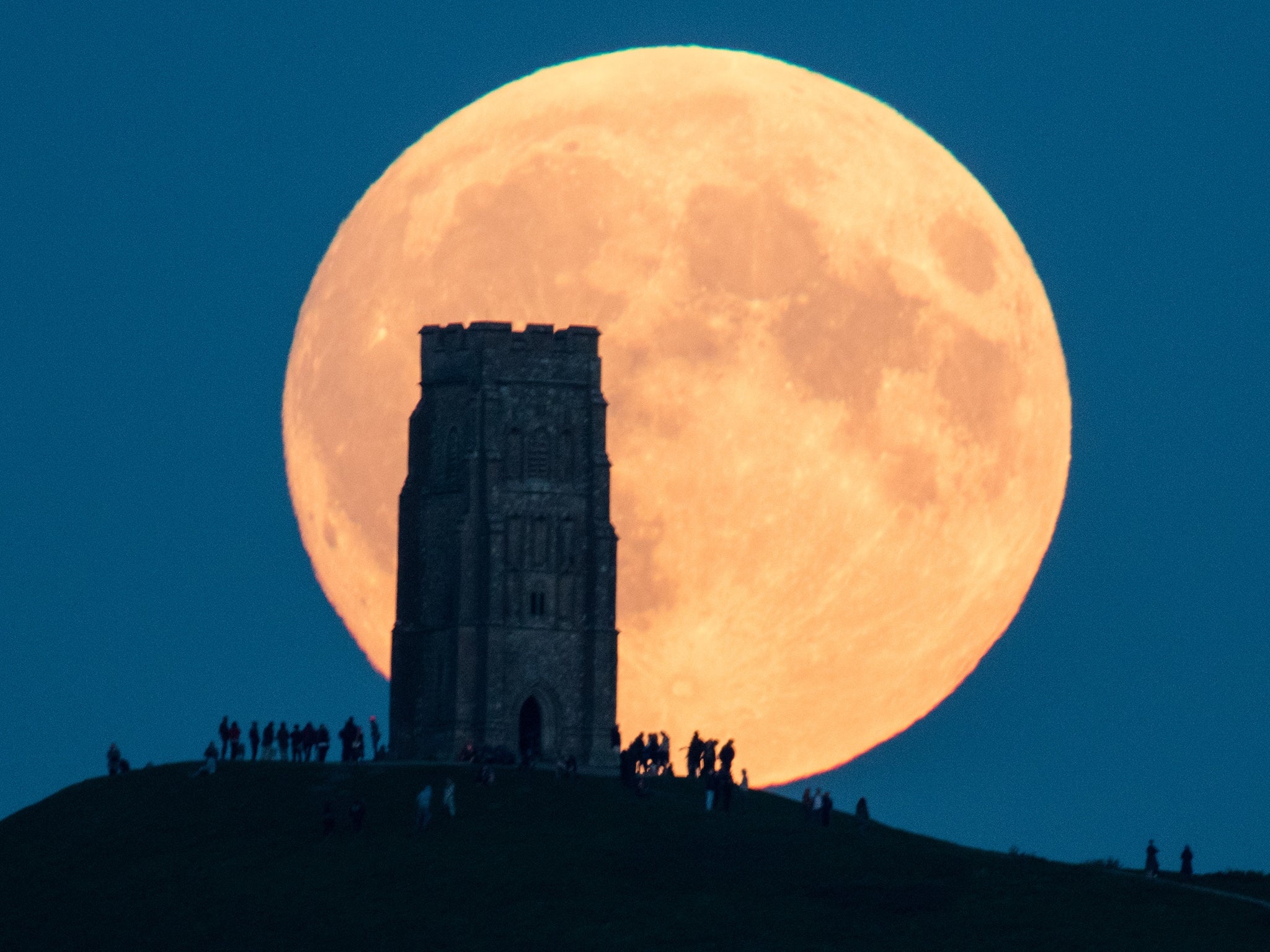Supermoon to collide with ‘hunter’s moon’ and produce stunning lunar sight
There's been a lot of talk about the names of each moon recently. But this one matters

There’s about to be a supermoon. And it’s not a normal one.
This week will see the collision of a hunter’s moon and a supermoon in a lunar event that will make our neighbour appear bright and visible in the night sky.
As usual, the supermoon comes when the full moon coincides with it being as close as it can be to the Earth. That means that it has a more powerful than usual effect on the tides and that it will look far brighter in the night sky.
Many people enjoy the supermoon because it can provide a strange, bright power over the evening. The proximity makes the moon’s light far brighter, and can make the rock itself much easier to see.
But this month it will be even more easy to spot than usual. That’s because it combines with the hunter’s moon.
The hunter’s moon gets its name partly from the time in the year that it comes. Every moon through the months is given its own name – and the hunter’s moon comes the month after the harvest moon, which itself is the full moon closest to the autumn equinox.
But it also syncs up nicely with the actual arrangement of the moon and the earth. Usually, the moon rises 50 minutes later each day, but during the hunter’s moon it takes a closer path that means that there’s less of a lag between each day’s moonrise.
That means that the moon will rise early in the evening, and each full moon rises around sunset. That gives a lot of light for people in the evenings – meaning that it can actually help anyone who’s trying to hunt (or doing anything else) during the evening.
And it means that the supermoon itself should be visible much earlier and perhaps more clearly than it might normally be.
The hunter’s moon is sometimes referred to as a blood moon. But that name applies to lots of other things, too – including the much more obvious event when the arrangement of the moon and the Earth send the moon a deep, bloody red.
Join our commenting forum
Join thought-provoking conversations, follow other Independent readers and see their replies
Comments
Bookmark popover
Removed from bookmarks